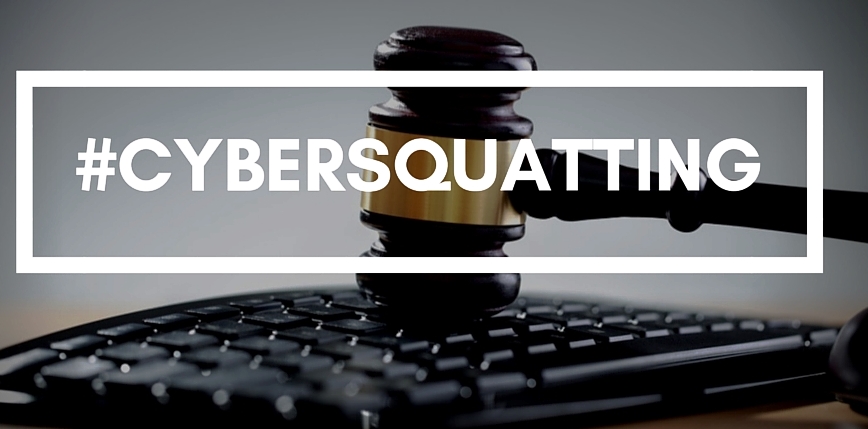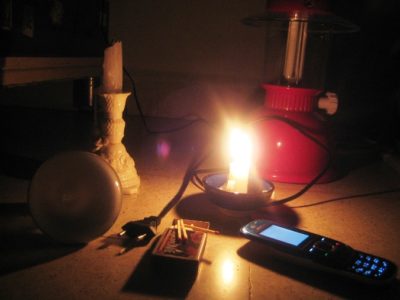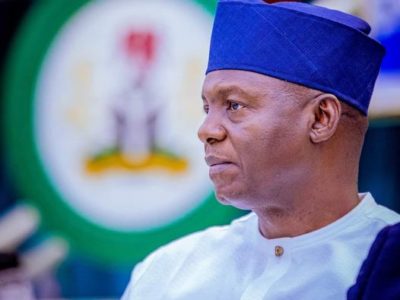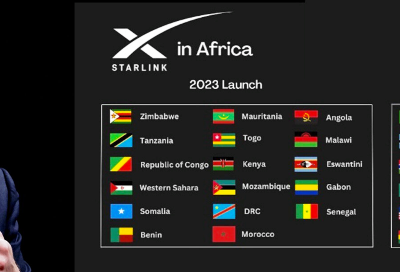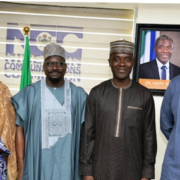LawIT with NSEOBONG AKPAN
We have published in this column the draft copy of the proposed Computer Security & Critical Information Infrastructure Protection Bill because of the important role the Act if and when it is eventually passed into law will play in achieving the vision of the draft National Cyber Security Policy which in part is to ‘provide the requisite security and safety for all users of our Cyber Space…’ We will, beginning from this edition treat and comment on particular sections of the proposed Bill starting with.
Cybersquatting, which by virtue of the draft bill has been made a cyber-crime in Nigeria.
The National Cyber Security Policy defines Cyber- crime as any ‘conduct prohibited by law with prescribed punishment, carried out using computers, electronic, ancillary devices, processes and/or procedures. It further breaks cyber -crimes into cyber-crimes against legal person, property and against government. The draft Policy further defines Nigerian Cyber-Crime as computer-aided crimes originating in Nigeria or by Nigerians located in Nigeria or by Nigerians located outside Nigeria or by non-Nigerians but giving the semblance of a ‘Nigerian’ origin and against Nigerian information and telecommunications assets.
Although the draft Bill did not give a definition of Cyber Squatting, the short title of section 14 clearly creates an offence of cybersquatting. However, there are other statutory definitions of cybersquatting for example, the U.S Federal Law, the Anti-Cybersquatting Consumer Protection Act defines Cybersquatting as ‘registering, trafficking in, using a domain name with bad-faith, intent to profit from the goodwill of a trademark belonging to someone else’. Cybersquatting has also been described as ‘registering, selling or using a domain name with the intent of profiting from the goodwill of someone else’s trademark. It generally refers to the practice of buying up domain names that use the names of existing businesses with the intent to sell the names for a profit to those businesses. It has also been defined as the ‘act of registering a popular internet address usually a company name with the intent of selling it to its rightful owner(s)’. Cybersquatting has also been likened to online extortion and in the offline environment it is akin to the infringement of the trade names or trademarks of others to gain undue financial advantage.
Cybersquatting can be traced to the era when most trademark owners and businesses were ignorant of the immense commercial opportunities available on the internet. Some opportunist registered the names of well-known companies, their trade names and marks on the internet as domain names, with the intent of selling the names back to the companies or their original owners. The cybersquatter would offer to sell the domain to the person or company who owns the trademark contained within the name at an inflated price. In ordinary language the term ‘squatting’ is an act of occupying a building or space that the squatter neither owns, pays rent or otherwise have permission for any legal use. Cybersquatting is slightly different from this ordinary use of the word as the domain names being ‘squatted’ are in most times paid for through the registration process by the cybersquatters. Cybersquatting sometimes register variants of popular trademarked names, a practice known as typo squatting.
Section 14 of the proposed Computer Security & Critical Information Infrastructure Protection Bill intends to create an offence of cyber Squatting in the country.
The section states:
14 (1) Any person who, on the internet, intentionally takes or makes use of a name, business name, trademark, domain name, or other word or phrase registered, owned or in use by any individual, body corporate or belonging to either the Federal, State or local Governments in Nigeria –
- Without authority or right; or
- For the purpose of interfering with their use in the internet by the owner registrant or legitimate prior user, commits an offence under this Act and shall be liable on conviction to a fine of not less than #100,000 or imprisonment for a term of not less than one year or to both such fine and imprisonment.
(2) In any proceeding against an offender under this section, a court shall have regard to the following elements in the determination of the case, that is –
(a) a refusal by the offender to relinquish upon formal request by the rightful owner of the name, business name, trademark, domain name, or other word or phrase registered, owned or in use by any individual, body corporate or belonging to either the Federal, State or local Government in Nigeria; or
(b) an attempt by the offender to obtain compensation in any form for the release to the rightful owner for use in the internet, of the name, business name, trademark, domain name or other word or phrase registered, owned or in use by any individual body corporate or belonging to either the Federal, State or local Government in Nigeria.
(3) in addition to the penalty specified under this section, the court shall make an order directing the offender to relinquish to the rightful owner, the name, mark, trademark, domain name, or other word or phrase registered, owned or in use by any individual body corporate or belonging to either the Federal, State or local Government in Nigeria.
There is no doubt that cybersquatting involves issues of protection of online intellectual property rights available to owners of trademarks and names as well as consumer protection rights. It appears that the Computer Security & Critical Information Infrastructure Protection Bill criminalized cybersquatting in order to protect the commercial and other benefits of owners of trademarks and names and the consumers, whom the cybersquatters usually set out to mislead. Sometimes cybersquatters post uncomplimentary content on squatted sites in order to compel the owners to buy off the domain names to the rightful owners usually at a higher and more exorbitant rate than it was initially processed and registered. Section 14 of the draft bill which makes cybersquatting an offence can be said to be an attempt towards achieving security and safety of our cyber space for all users.
The criminal liability to be introduced by the draft bill is of course in additions to civil remedies and rights available to the owners of the trade names and marks being squatted.
To be continued.
IMAGE: Heitner Legal


